After a long day, you’ve just brought a piping hot pizza home. The tantalizing aroma of melted cheese, savory sauce, and a medley of toppings wafts through the air, filling your senses with anticipation.
As you prepare to enjoy your well-deserved treat, you notice your feline companion perched on the counter’s edge, casting a curious gaze at the delectable creation before you. As a responsible pet owner, you ponder: Can cats eat pizza? Is it safe to share a slice with your feline friend?
Can Cats Eat Pizza?
As much as we adore our feline companions and their inquisitive nature, not everything that appeals to our taste buds suits our furry friends. While sharing a cheesy, delicious slice of pizza with your cat might seem endearing, it’s essential to recognize that cats have unique dietary requirements and sensitivities.
The simple answer to “Can cats eat pizza?” is that it’s generally not recommended. While a tiny nibble of plain pizza crust might not cause immediate harm, the components that make up a typical pizza, such as cheese, sauce, and toppings, can pose potential risks to your cat’s health.
Pizza Components: The Good, the Bad, and the Ugly for Cats
When sharing pizza with your feline friend, it’s essential to consider the components that make up this popular dish. Let’s break down the good, the bad, and the ugly when feeding cats pizza.
Cheese Temptation
Cheese is a common topping on pizzas, and while many humans enjoy its rich flavor, cats don’t handle dairy products either.
Most cats are lactose intolerant, meaning they lack the enzyme needed to digest lactose properly, the sugar in milk and dairy products. Feeding cheese to your cat could lead to digestive upset, including diarrhea and stomach discomfort.
Salty Situation
Many pizza ingredients, such as cured meats and processed sauces, can be high in sodium. Cats have a much lower tolerance for salt than humans, and excessive sodium intake can lead to health issues like dehydration, kidney problems, and elevated blood pressure. These issues can have severe consequences for your cat’s well-being.
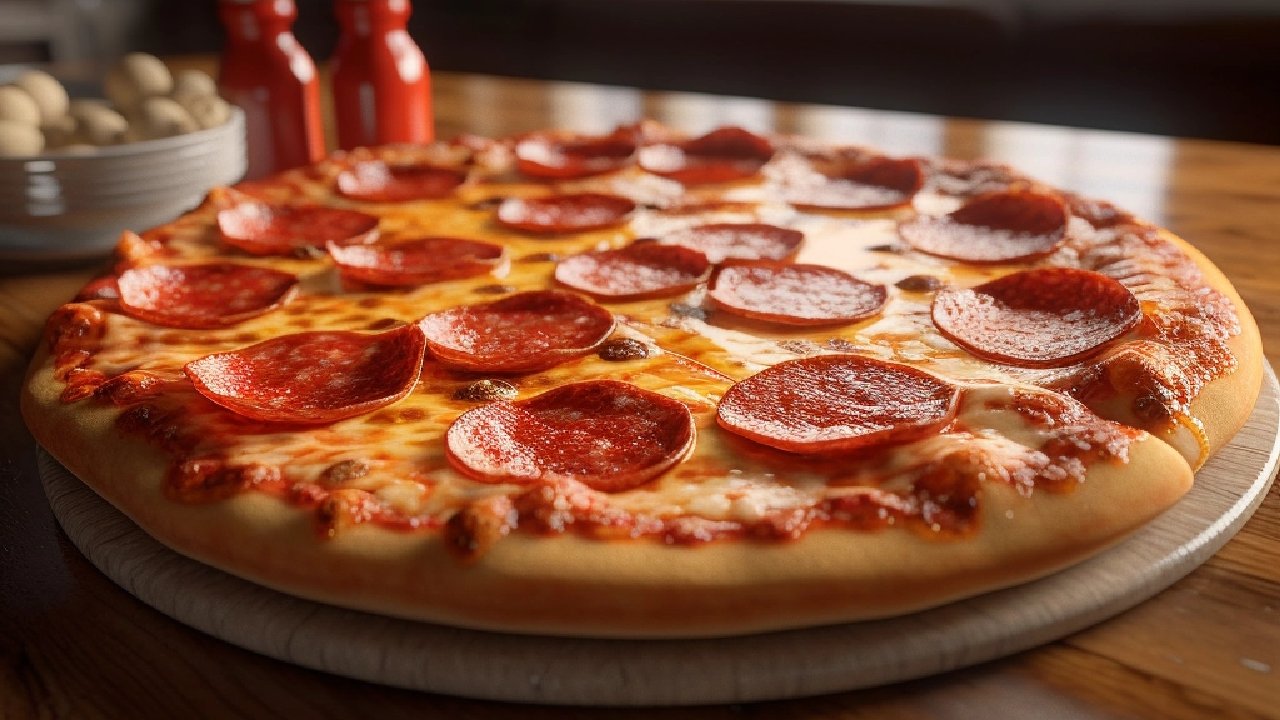
When Pizza Toppings Spell Danger: Onions, Garlic, and More
Certain pizza toppings can spell danger for cats due to their toxic nature. Onions and garlic, commonly used in various pizza recipes, belong to the allium family and contain compounds that can cause severe harm to cats.
Both onions and garlic contain thiosulfate compounds that can lead to oxidative damage to red blood cells, resulting in hemolytic anemia. Even small amounts of these ingredients can be toxic to cats and should be strictly avoided.
Tomatoes, often found in pizza sauces, also warrant consideration. Tomatoes, as well as other members of the nightshade family, contain solanine, a toxic alkaloid.
While ripe tomatoes generally have lower levels of solanine and are less likely to cause harm, unripe tomatoes and their leaves can contain higher concentrations. Additionally, some cats may experience gastrointestinal upset when exposed to tomatoes or tomato-based products.
Pizza and Obesity: The Caloric Conundrum for Cats
Pizza, with its combination of cheese, fatty meats, and sometimes a greasy crust, can be a caloric bomb. While the occasional indulgence might not pose immediate harm, consistently feeding your cat calorie-dense foods like pizza can lead to weight gain and obesity.
High-calorie concerns arise not only from the toppings themselves but also from the portion size. Cats have smaller stomachs and higher metabolic rates than humans, so they require smaller portions to meet their energy needs. Overeating calorie-rich foods can quickly lead to excess weight gain, stressing their joints, organs, and overall health.
Obesity in cats is associated with a range of health implications, including:
- Diabetes
Excess weight can increase the risk of developing diabetes mellitus.
- Joint Problems
Carrying extra weight strains joints, leading to arthritis and discomfort.
- Heart Issues
Obesity can contribute to heart disease and other cardiovascular problems.
- Reduced Lifespan
Cats that are overweight or obese tend to have shorter lifespans than healthy-weight cats.
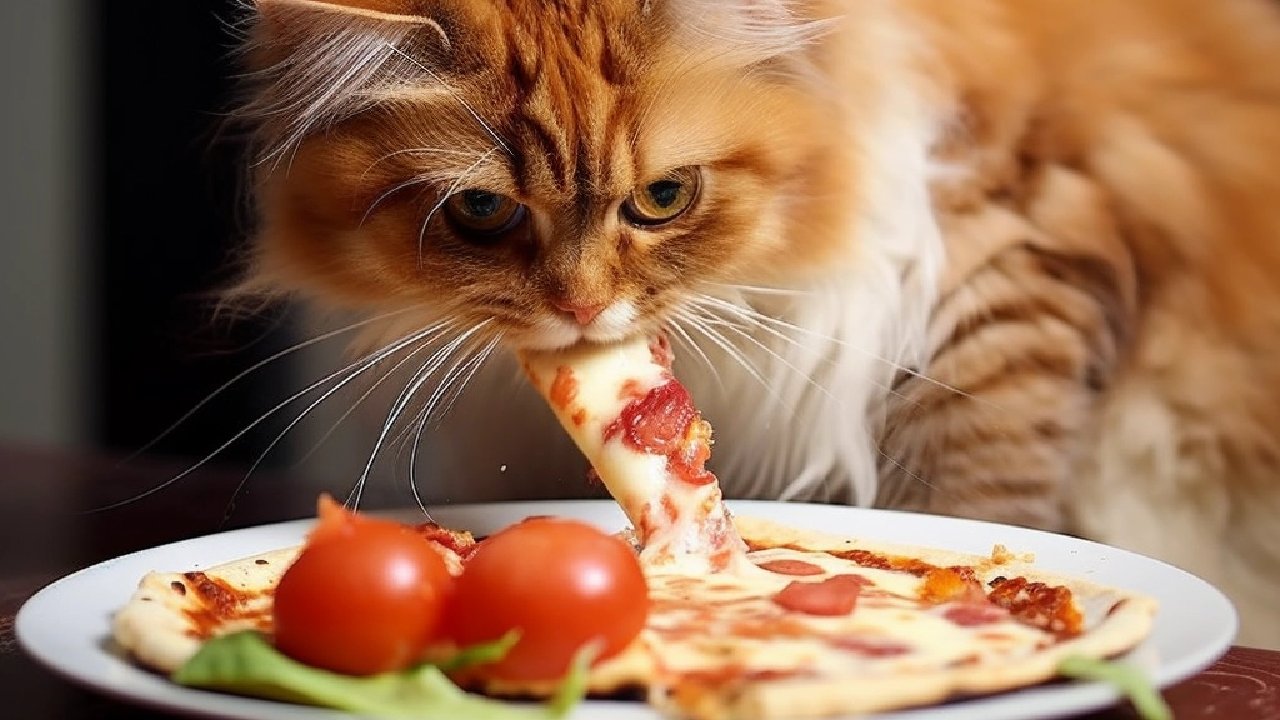
Can Cats Eat Pizza Crust?
Pizza Crust and Dough Dilemma
Pizza crust and dough can be a potential hazard for cats. Pizza crust, also known as the outer edge of the pizza, is often made from basic ingredients like flour, water, yeast, and salt.
Plain, unseasoned pizza crust without any toppings might be a potential option for sharing with your cat, but it’s essential to approach this cautiously. Keep in mind the following considerations:
Plain Pizza Crust:
If you’re considering offering your cat a small piece of plain pizza crust, ensure it’s free from any seasonings, oils, or toppings. Some cats may find the plain, doughy texture intriguing, while others might not show much interest.
Crunchy Crust:
Pizza crust is typically baked to achieve a crispy texture. Cats have different preferences regarding texture, and while some cats might enjoy the crunchiness, others might find it unappealing or difficult to chew.
Conclusion
Treating your cat with love and care involves providing them with safe and appropriate foods that contribute positively to their health. While sharing a slice of pizza might be fun, finding other ways to delight and treat your feline companion is more responsible and beneficial.
In pet ownership, education and understanding play a crucial role in ensuring the well-being of our furry friends. By learning about different foods’ potential risks and benefits, we empower ourselves to make informed decisions supporting our cats’ health and happiness.

FAQs
Are there alternatives to pizza for treating my cat?
There are safe cat treats available that are formulated to meet feline nutritional needs. Consult your vet for appropriate options.
Are there any pizza toppings that are safe for cats to eat?
While some plain vegetables might be less harmful, it’s best to avoid feeding pizza toppings to your cat. Cats have specific dietary needs that pizza toppings may not fulfill.
Can cats eat gluten-free pizza crusts?
The gluten-free crust might eliminate one concern, but pizza’s other ingredients can still harm cats.
Can I bake a cat-friendly pizza at home using safe ingredients?
While cat-friendly recipes are available, it’s crucial to consult your vet and ensure the ingredients suit your cat’s health.
I’ve seen cat treats with pizza flavor. Are those safe for my cat?
Cat treats with pizza flavoring are designed to mimic the taste but are formulated to meet feline nutritional needs. However, always read the ingredient list and consult your vet before offering them.


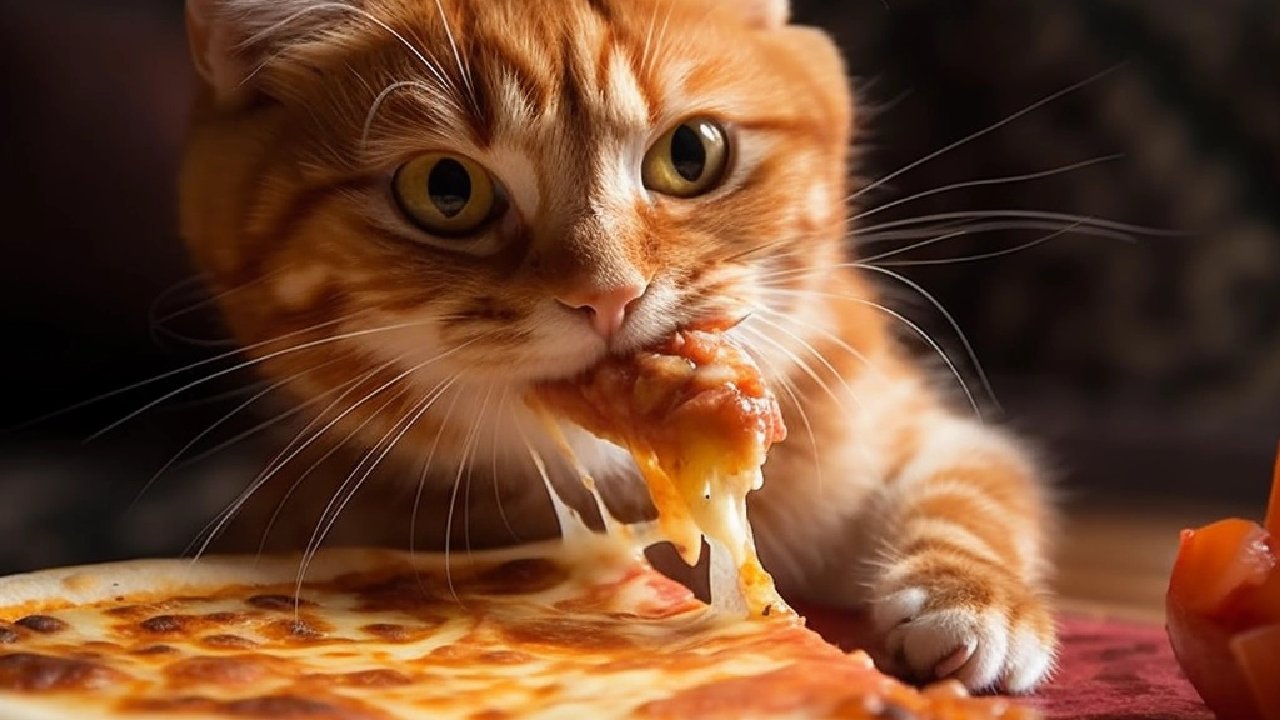
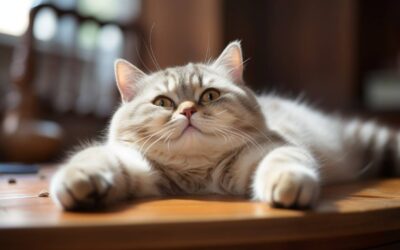
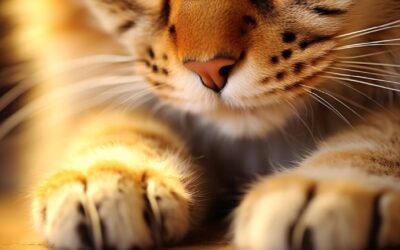
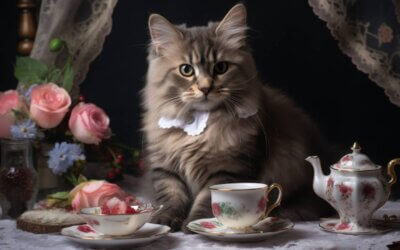
My cat is obsessed with pizza! I usually share a tiny bit. Anyone else have a pizza-loving feline?
Pizza-loving cats unite! My kitty goes crazy when he smells pizza